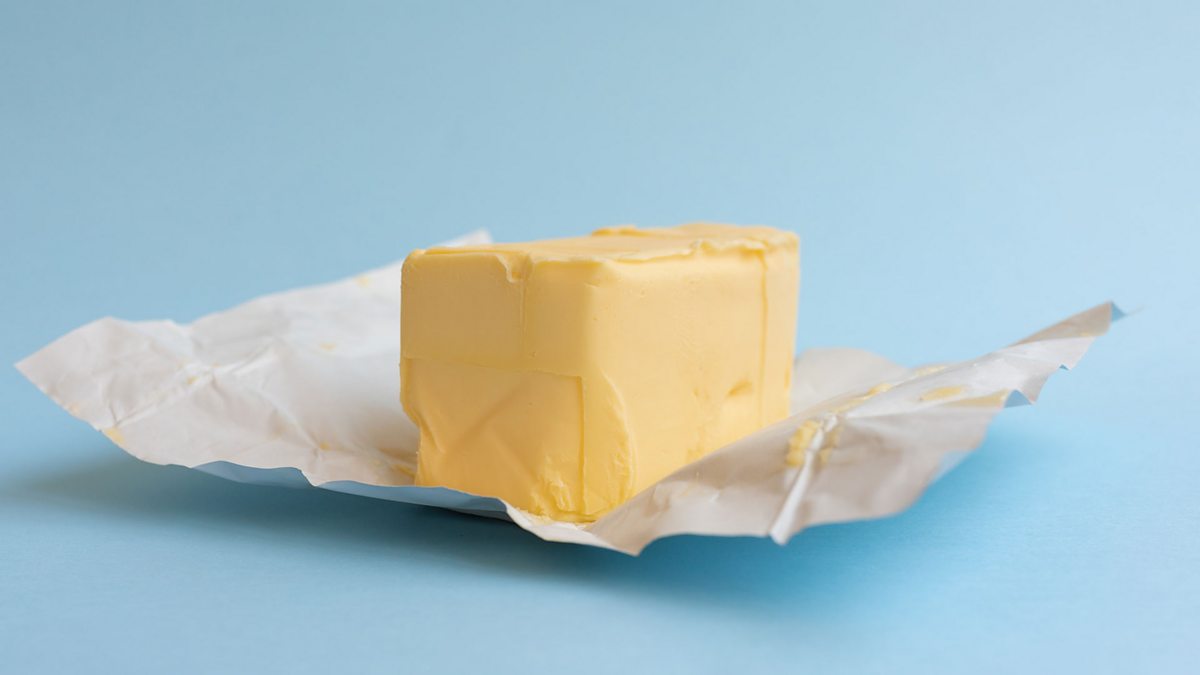Home / Health / Margarine: Healthy Spread or UPF Concern?
Margarine: Healthy Spread or UPF Concern?
21 Nov
Summary
- Margarine's past hydrogenation created harmful trans fats.
- Modern margarine production avoids trans fats, deemed safe.
- Ultra-processed foods, including margarine, may link to health issues.

Concerns about margarine's health impact persist, although its production has evolved. Historically, hydrogenation created trans fats, known for negatively affecting cholesterol levels. However, current UK margarine formulations no longer contain these harmful trans fats, as manufacturers have adopted alternative methods.
Margarine is still classified as an ultra-processed food (UPF). The broader health implications of UPFs are a subject of ongoing research, with potential links to conditions such as diabetes, heart disease, and obesity. The exact reasons for UPFs' impact, whether due to their salt, fat, sugar content, or the processing itself, remain unclear.
Despite these considerations, not all UPFs are viewed equally, with some, like baked beans, offering nutritional benefits. Regarding margarine specifically, additives and colorings used have undergone safety testing and are considered safe for consumption. The focus remains on the ultra-processed nature and its potential, though not fully elucidated, health risks.




